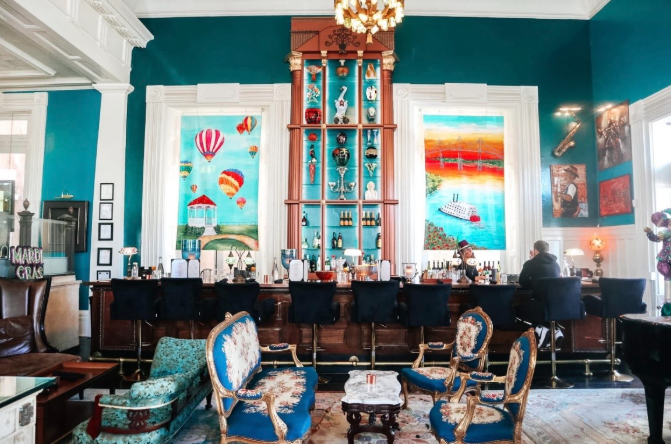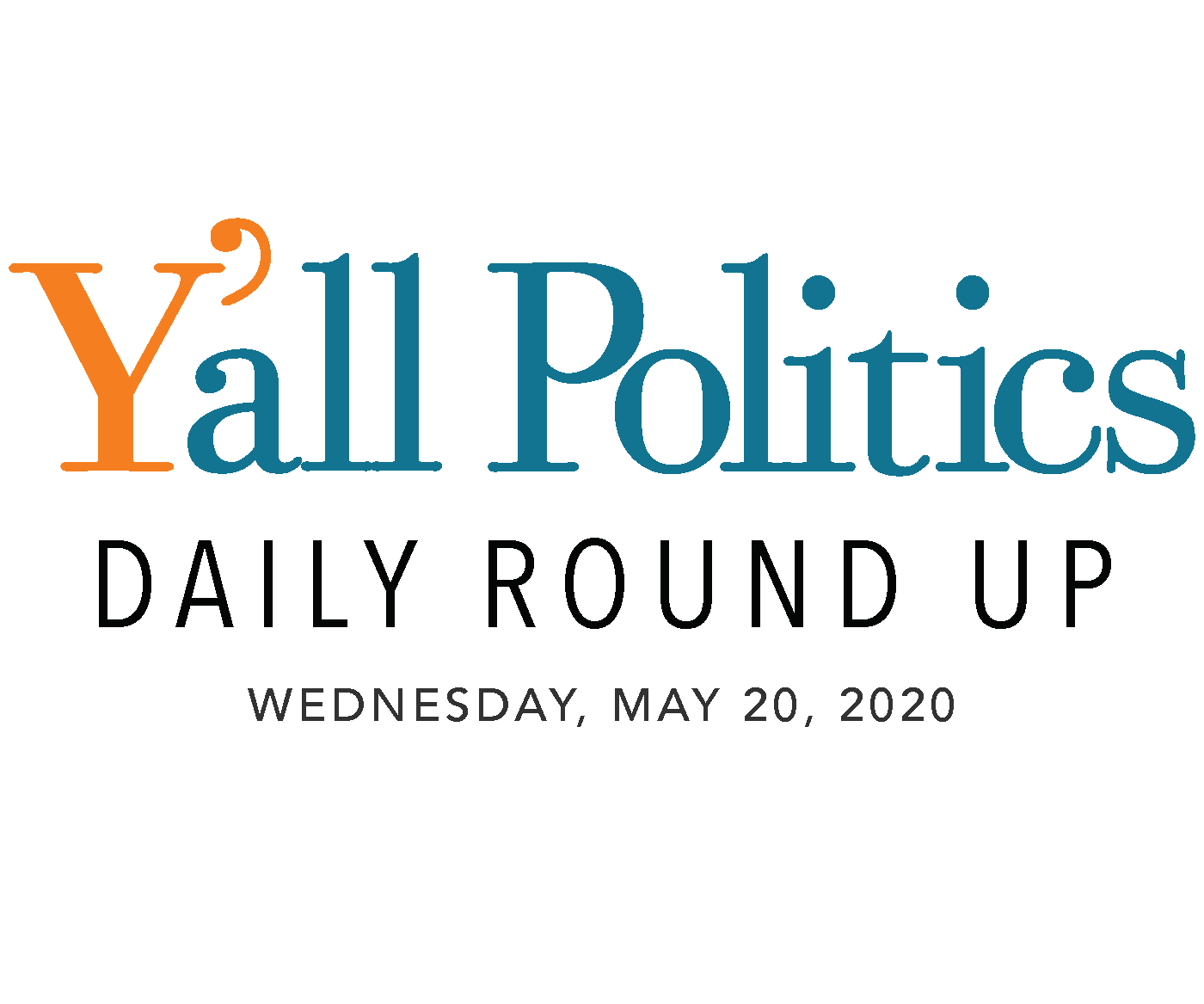
Studio portrait of Sid Salter. (photo by Beth Wynn / © Mississippi State University)
By: Sid Salter
Mississippi’s current leadership is taking a page from the state’s not-so-distant past by making the state’s gaming industry one of the first enterprises to be allowed to reopen as the state tries to come out from under the COVID-19 quarantine.
Why? Jobs and tax revenues. The American Gaming Association reported total direct, indirect and induced employment in the state’s gaming industry in 2019 at 32,884 with a payroll of over $1.3 billion, although other industry sources total direct casino employment at around 16,400.
Mississippi’s casino gaming industry, the source in Fiscal Year 2019 of $260.17 million in state and local tax revenues drawn from $2.14 billion in gross gaming revenues, was shut down by order of the Mississippi Gaming Commission on March 16 at midnight.
The Mississippi Gaming Commission and Gov. Tate Reeves released safety guidelines May 15 under which the reopened casinos will operate. The casinos will be limited to 50 percent capacity, table games and slot machines will operate, but under rules designed to observe social distancing. Screenings and face masks for casino staff will be enforced.
The gaming operators will be required to engage in a significant program of sanitation and disinfecting of their properties. Portions of their operations will remain closed. The casinos are likely to look and feel differently – as do most other activities in the COVID-19 pandemic universe – but the casinos will be open to customers.
Conservative estimates of the direct gaming tax revenue losses during the casino industry’s closure period would be $50 million. It’s likely more. But as Mississippi learned in the aftermath of Hurricane Katrina, getting the casinos open as soon as water, sewer, and power service was available was a key component in getting the Gulf Coast back on its feet.
Back in 2005, the Gulf Coast casinos in August earned $105 million in gross gaming revenues and over $33 million in tax revenues. After Katrina slammed the Mississippi Gulf Coast on August 29, 2005, those figures for the months of September, October, and November were $0 and $0.
After Katrina, which produced a landscape on the Mississippi Gulf Coast that resembled Nagasaki after the atomic bomb was dropped to end World War II (not an exaggeration, I saw the Mississippi devastation on the ground and from the air), then-Gov. Haley Barbour shocked some supporters upstate by the high priority he placed on getting the casinos reopened.
But Barbour saw for the Gulf Coast in 2005 what Reeves and the state’s legislative leaders see today. The direct and indirect jobs and the tax revenues made getting the casinos open an easy call both then and now. As Barbour described in his memoir, the Republican governor could not have done that without the help and blessing of perhaps his most tenacious political rival – the late former House Speaker Billy McCoy, the proud Democrat from Rienzi.
McCoy, a man of deep faith, was opposed to gambling and so were most of this North Mississippi constituents. But McCoy set politics aside for the good of the Gulf Coast and the overall state. With McCoy’s support, a bipartisan coalition changed state law to legally move the “dockside” gaming houses onto land.
Of course, Katrina was different. The trouble in that day was the enormity of the destruction, the lack of ready labor, and the Third World conditions that existed there for a time after the storm.
The COVID-19 crisis brings with it uncertainty and the very real possibility of a resurgence of the virus if people refuse to follow the rules – wearing masks, practicing sanitation and disinfecting, and vulnerable people staying home. No pun intended, but that outcome is quite a large bet.
But people must have an opportunity to work and support their families. There are no sure things in the pandemic restart world, but the state’s gaming industry – because of jobs and tax revenue – is as good a place to start as any.









